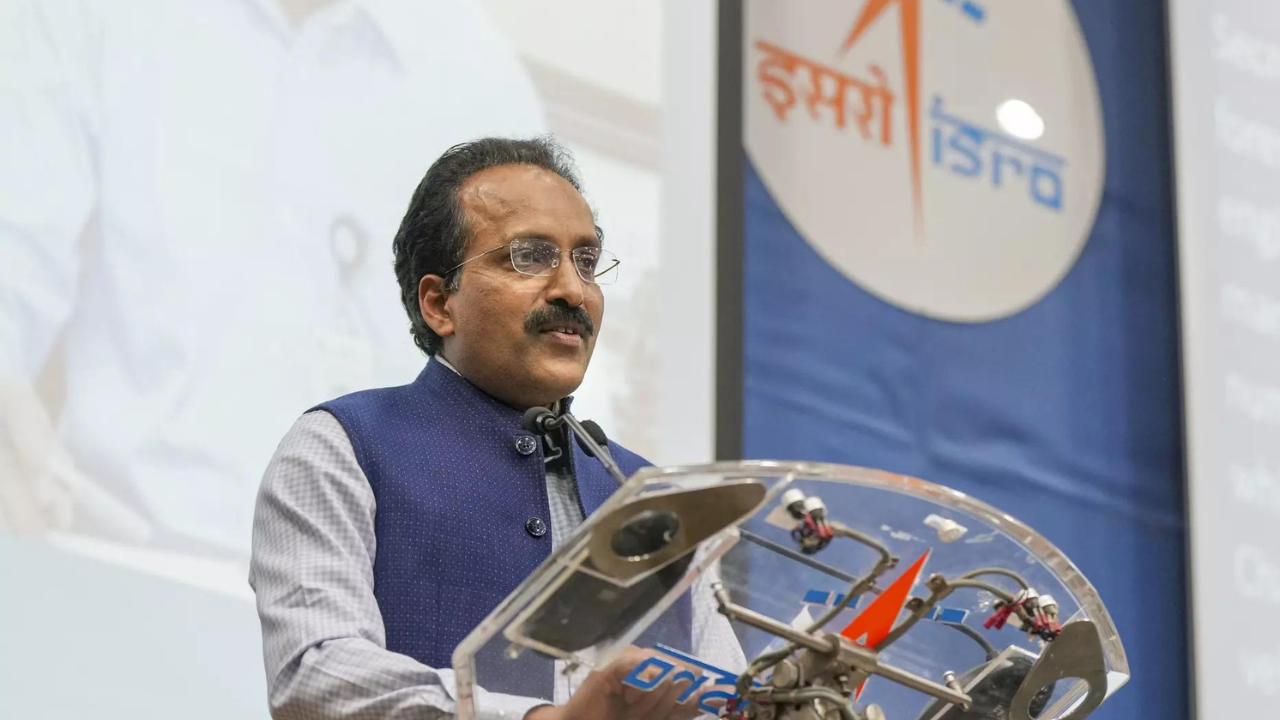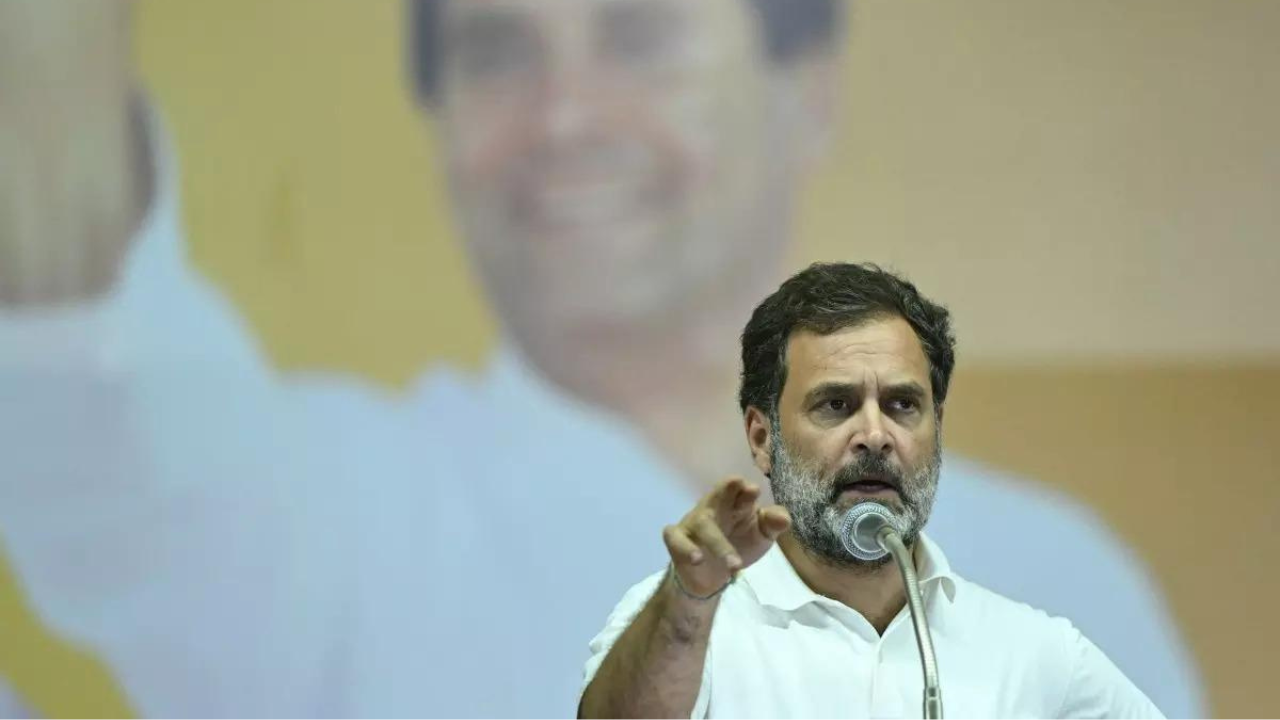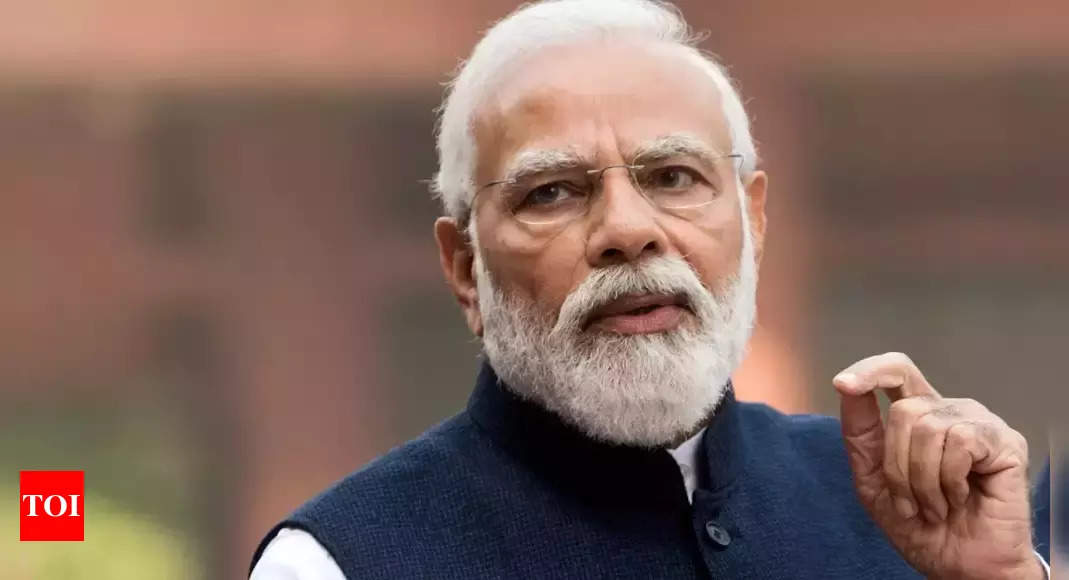Safeguarding Cultural Heritage

A parliamentary committee has proposed the establishment of a dedicated task force, comprising experts from various departments, to retrieve stolen antiquities. This multi-departmental team would include senior officials from the Ministry of Home Affairs, Ministry of External Affairs, Archaeological Survey of India (ASI), and renowned scholars.
Understanding Antiquities:
- Definition: The Antiquities and Art Treasures Act of 1972, enacted on April 1, 1976, defines "antiquity" as any object or artwork with a history of at least 100 years. This encompasses a diverse range of items such as coins, sculptures, paintings, epigraphs, and detached articles, reflecting the cultural, religious, and historical fabric of bygone eras.
- Protection Initiatives: Both nationally and globally, efforts have been made to safeguard cultural heritage. UNESCO's 1970 Convention and United Nations Security Council resolutions underscore the significance of preventing the illicit import, export, and transfer of ownership of cultural property.
Current Scenario and Challenges:
- Incidents of Antiquity Theft in India: Despite protective measures, records obtained under the Right To Information (RTI) Act reveal instances of antiquities reported missing from ASI-maintained monuments. Challenges persist in documenting, preserving, and retrieving stolen artifacts.
- Key Challenges: Illicit trade and smuggling, inadequate documentation, insufficient security measures at museums and archaeological sites, lack of community awareness, funding constraints, complexities in retrieving stolen antiquities from foreign countries, and the absence of a comprehensive national database pose significant hurdles.
Path Forward:
- Empowering Local Communities: The panel underscores the pivotal role of local communities in preventing theft and trafficking of cultural artifacts. Encouraging community involvement and fostering awareness can serve as effective deterrents against further losses.
- Boosting Budgetary Allocations: Comparing with nations like China, the US, Singapore, and Australia, the committee advocates for increased budgetary allocations towards preserving India's cultural heritage. Enhanced funding can facilitate conservation efforts and bolster protection initiatives.
- Engaging Civil Society and CSR Initiatives: Leveraging the expertise and resources of civil society organizations and Corporate Social Responsibility (CSR) initiatives can supplement government efforts. These entities can play a vital role in raising awareness and providing financial support for heritage preservation endeavors.
By implementing these recommendations and addressing the outlined challenges, India can reinforce its commitment to safeguarding its rich cultural legacy for future generations.













